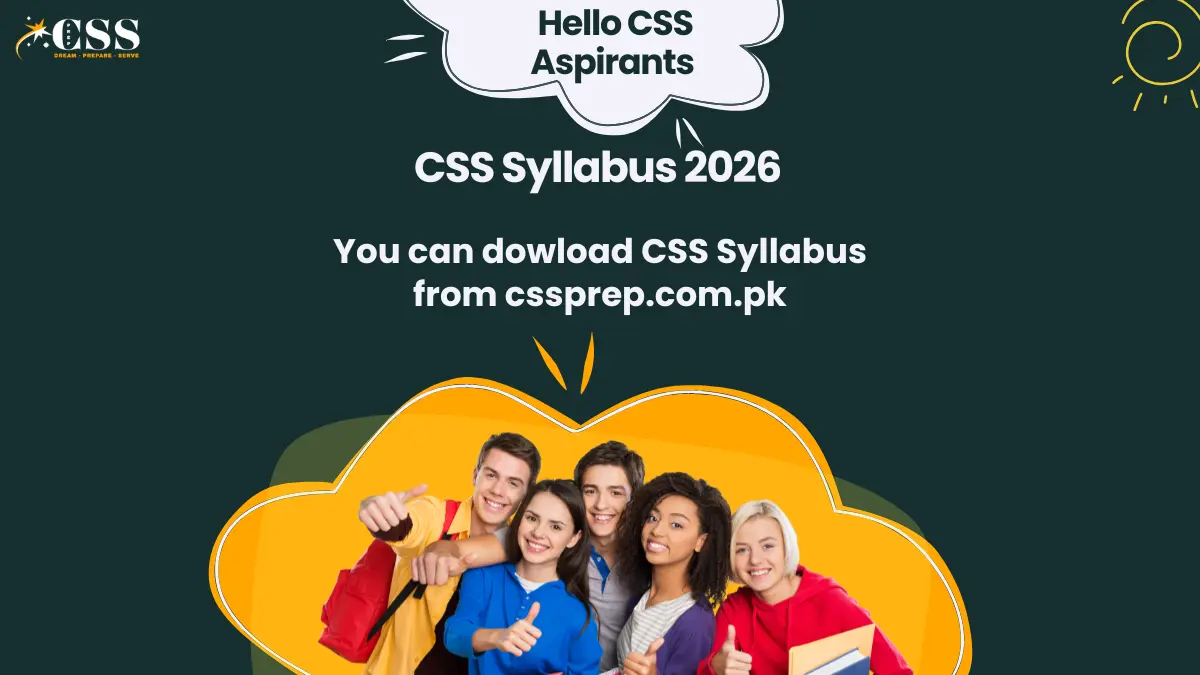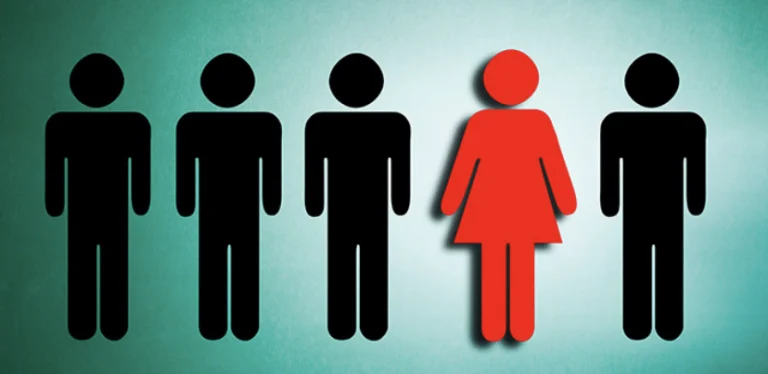The Ultimate Guide to CSS Syllabus 2026: Key Subjects and Selection Tips for Aspirants
The Central Superior Services (CSS) examination is one of the most prestigious and competitive exams in Pakistan, serving as the gateway for individuals aspiring to join the civil services. As thousands of graduates prepare for the CSS exam, understanding the CSS syllabus is crucial for effective preparation and subject selection. With so many subjects to choose from, CSS aspirants often find themselves overwhelmed, especially when it comes to choosing the right combination of compulsory and optional subjects. In this comprehensive guide, we’ll break down the CSS syllabus 2026 to help you navigate the exam requirements and select subjects that align with your strengths and interests.
1. CSS Syllabus 2026 Overview:
The CSS exam is structured around compulsory and optional subjects, making up a total of 1200 marks. Compulsory subjects account for 600 marks, while optional subjects cover the remaining 600 marks.
Compulsory Subjects (600 Marks):
All aspirants must attempt the compulsory subjects. These subjects are non-negotiable and are designed to assess the candidate’s general aptitude, knowledge of current affairs, and understanding of Pakistan’s affairs. Below are the compulsory subjects with their respective marks:
- English Essay (100 marks)
- English (Precis and Composition) (100 marks)
- General Science & Ability (100 marks)
- Current Affairs (100 marks)
- Pakistan Affairs (100 marks)
- Islamic Studies OR Comparative Study of Major Religions (100 marks)
These subjects are mandatory for all candidates, and there is no option to skip any of them.
2. Optional Subjects (600 Marks):
After completing the compulsory subjects, candidates must select optional subjects. The CSS syllabus 2026 offers a wide range of optional subjects across seven different groups. Here’s a breakdown of the optional subjects:
Group 1:
These subjects offer 200 marks, with each subject comprising two papers.
- Accountancy & Auditing
- Economics
- Computer Science
- Political Science
- International Relations
Group 2:
You can choose one subject of 200 marks or two subjects of 100 marks.
- Physics
- Chemistry
- Applied Mathematics
- Pure Mathematics
- Statistics
- Geology
Group 3:
Choose one subject of 100 marks from the following:
- Business Administration
- Public Administration
- Governance & Public Policies
- Town Planning & Urban Management
Group 4:
Choose one subject of 100 marks from the following:
- History of Pakistan & India
- Islamic History & Culture
- British History
- European History
- History of USA
Group 5:
Choose one subject of 100 marks from the following:
- Gender Studies
- Environmental Sciences
- Agriculture & Forestry
- Botany
- Zoology
- English Literature
- Urdu Literature
Group 6:
Choose one subject of 100 marks from the following:
- Law
- Constitutional Law
- International Law
- Muslim Law & Jurisprudence
- Mercantile Law
- Criminology
- Philosophy
Group 7:
Choose one subject of 100 marks from the following:
- Journalism & Mass Communication
- Psychology
- Geography
- Sociology
- Anthropology
- Punjabi
- Sindhi
- Pashto
- Balochi
- Persian
- Arabic
3. Subject Selection Tips for CSS Aspirants:
Selecting the right optional subjects is crucial for a successful CSS exam preparation. Here are some important tips to consider when choosing your optional subjects:
- Align with Your Academic Background: If you have a strong background in a certain subject (e.g., Political Science, Economics, or Computer Science), it’s wise to choose that subject as it will allow you to build upon your existing knowledge.
- Choose Subjects You Are Passionate About: While it’s important to choose subjects that align with your academic background, it’s equally important to pick subjects you are interested in. Passion for the subject will keep you motivated throughout your preparation.
- Analyze Subject Syllabus and Past Papers: Before finalizing your choice, go through the subject syllabus and check the past papers to get a better understanding of the exam pattern and topics.
- Balance the Subject Combination: Avoid selecting multiple subjects that are too similar. For example, combining International Relations with Political Science may not be the best approach, as they overlap significantly. Opt for a diverse range of subjects to cover different areas of study.
- Consider the Time and Effort: Some subjects, like Physics or Chemistry, may require more time and effort due to their complex nature. Be mindful of the time you can dedicate to each subject.
4. CSS Exam Format and Structure:
The CSS exam is composed of written and oral sections. The written exam carries a total of 1200 marks (600 marks from compulsory subjects and 600 marks from optional subjects).
Each paper, whether compulsory or optional, consists of a three-hour exam. For 200-mark subjects, there will be two papers, while 100-mark subjects will have a single paper. In addition to the written exam, candidates must also appear for the viva voce (interview), which is worth 300 marks. You can read more in details over here.
5. Conclusion:
The CSS syllabus 2026 is designed to evaluate candidates across a broad spectrum of subjects, requiring thorough preparation. By understanding the syllabus and carefully selecting your subjects, you can optimize your chances of success in this highly competitive exam. Start your CSS exam preparation early, create a structured study plan, and seek guidance from mentors and past exam-takers.
If you’re looking for detailed study materials and past papers to assist with your preparation, be sure to check out the resources available on our website.







